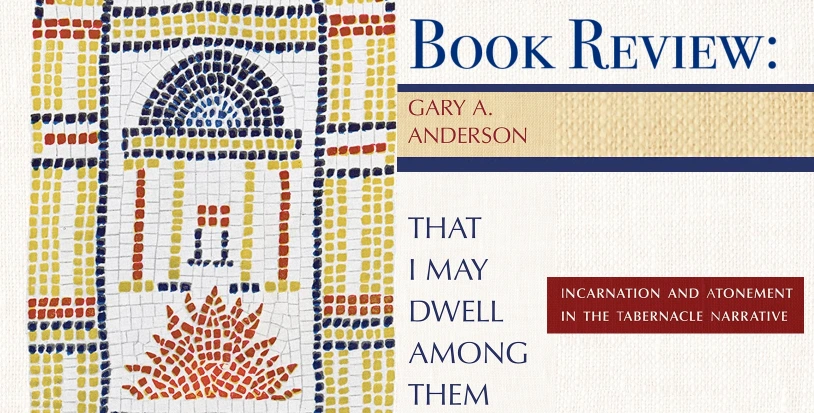Anderson’s book is a re-evaluation of Israel’s Temple and sacrifice, which JP readers are sure to enjoy.
Yeshua’s High Self-Awareness and the Christology of Paul and the Early Church
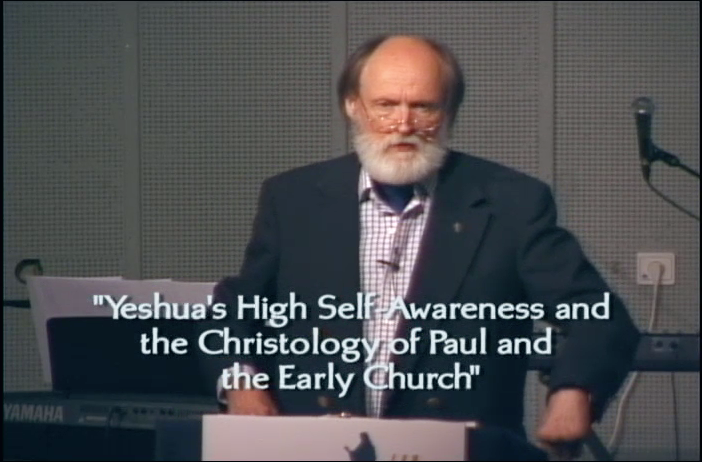
The complete 2006 lecture is now accessible to JP users. View now!
Renewed Covenant and Jeremiah’s New Covenant in Second Temple Judaism and Jesus’ Movement
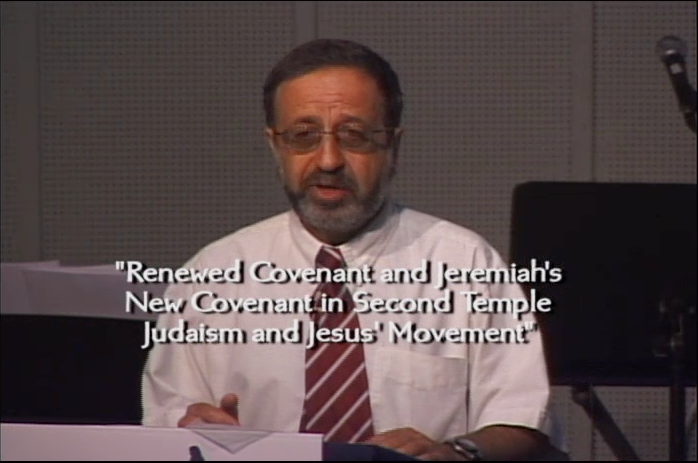
The complete 2006 lecture is now accessible to JP users. View now!
A Declaration of Independence and a Pledge of Allegiance

In this blog, Joshua Tilton shares his personal reflections on the Lord’s Prayer based on his research for the Life of Yeshua project.
Feast of the Circumcision (New Year’s Day)

The first of January, celebrated around the world as New Year’s Day, is also the eighth day of Christmas and, as such, the Feast of the Circumcision and Naming of Jesus. Of course, no one knows on what day of the year Jesus was actually born, but since it has become traditional to celebrate Jesus’ birth on the 25th of December, it follows that the first of January is the day on which Christians celebrate the circumcision and naming of Jesus.
The Gospel of John’s Jewish-Christian Source

In an important study entitled The Gospel of Signs, Robert Fortna correctly identified a Jewish-Christian source embedded in the Fourth Gospel. This article is based upon the conclusions of Fortna’s research and explores their significance. I will also point out additional evidence Fortna overlooked that clarifies the origins and intentions of the Jewish-Christian source embedded in the text of the Fourth Gospel.
Myth of the Pagan Origins of Christianity
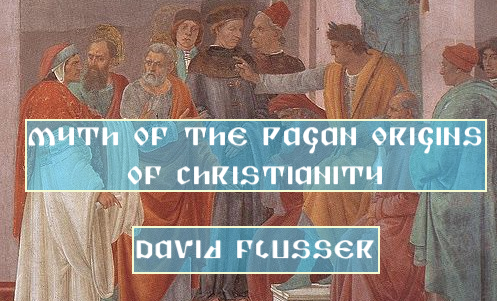
The artificial constructions of scholars who once sought to build a bridge directly from Hellenism to Christianity are being dismantled, both because of greater knowledge of the Greek world and due to more intensive study of ancient Jewish and Christian thought.
The Apostolic Decree and the Noahide Commandments
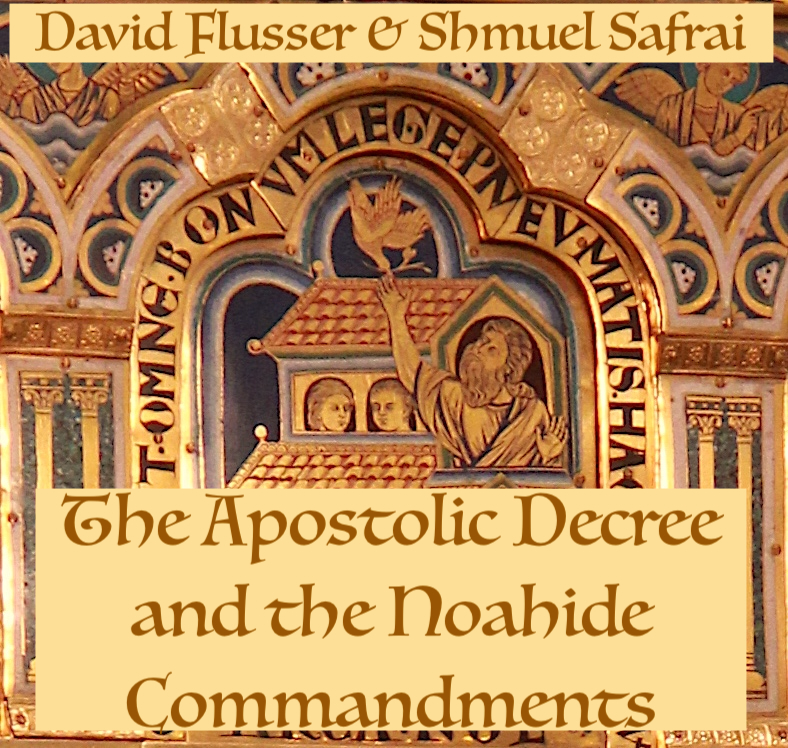
Jerusalem Perspective is pleased to make available to the English-speaking world this important article written originally in German by David Flusser and Shmuel Safrai: “Das Aposteldekret und die Noachitischen Gebote,” in Wer Tora mehrt, mehrt Leben: Festgabe fur Heinz Kremers (ed. E. Brocke and H.-J. Borkenings; Neukirchen-Vluyn, 1986), 173-192.
From Melchizedek to Jesus: The Higher Eternal Priest in Jewish Second Temple Literature
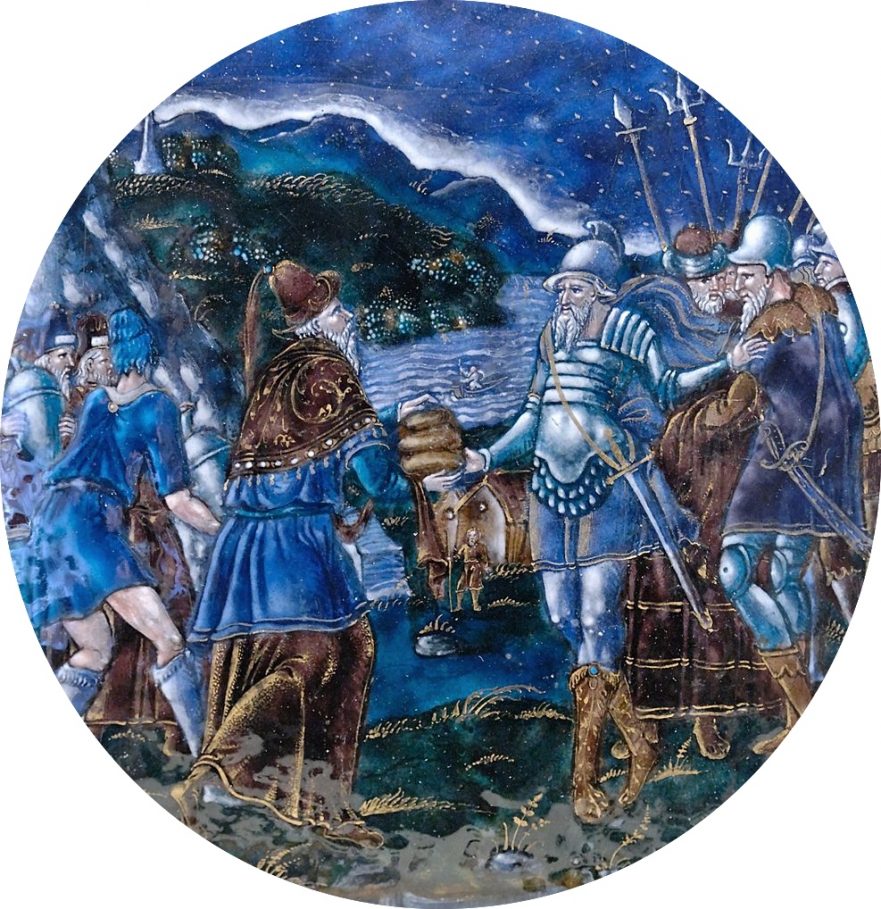
A scroll from the Judean Desert proves that the biblical Melchizedek was transformed into the eschatological high priest in some Jewish circles in the first century B.C.E.
The Theological Significance of the Parable in Rabbinic Literature and the New Testament
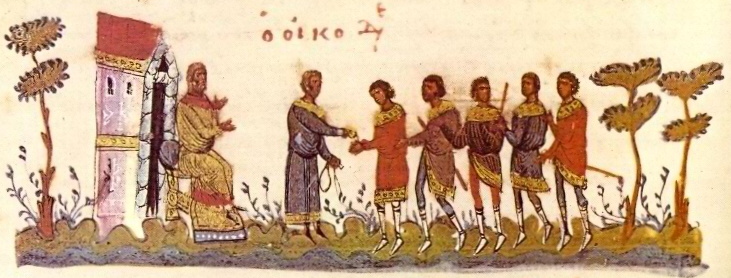
One of the finest articles ever written on rabbinic parables and the parables of Jesus was published in 1972 in the now defunct Christian News from Israel. The article is a classic, but, unfortunately, no longer available. Jerusalem Perspective is pleased to resurrect this milestone article together with the responses of founding Jerusalem School members, the late Robert L. Lindsey and David Flusser.
A Non Sequitur in the Argument for the Canonical Approach to Scripture
What is the “canonical approach,” and in what respect is its main supporting argument a “shell game”?
Is Faith Contrary to Empirical Support?
The apostles possessed more empirical supports for their faith than we can ever hope to possess, and certainly their spiritual “report cards” did not suffer for the fact.
Where Little Ones Splash: The Hebrew Roots Movement
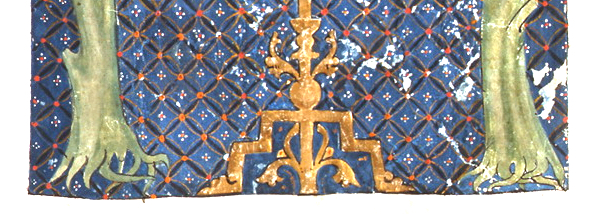
The Hebrew Roots Movement has more to offer than merely rediscovering the biblical feasts and referring to New Testament personalities by their Hebrew names.
Written, Inspired and Profitable

The Bible provides minimal help for anyone trying to write a description of it for inclusion in a Statement of Faith. As a result, such descriptions typically claim more than the Bible discloses about itself.
Toward an Unclouded Vision of His Kingdom

In an effort to counter the risk we may be running of losing “the vision of the kingdom,” I will enumerate and comment briefly upon three optical aids for keeping it in focus.
A New Perspectivist Response to Simon Gathercole’s Christianity Today Article
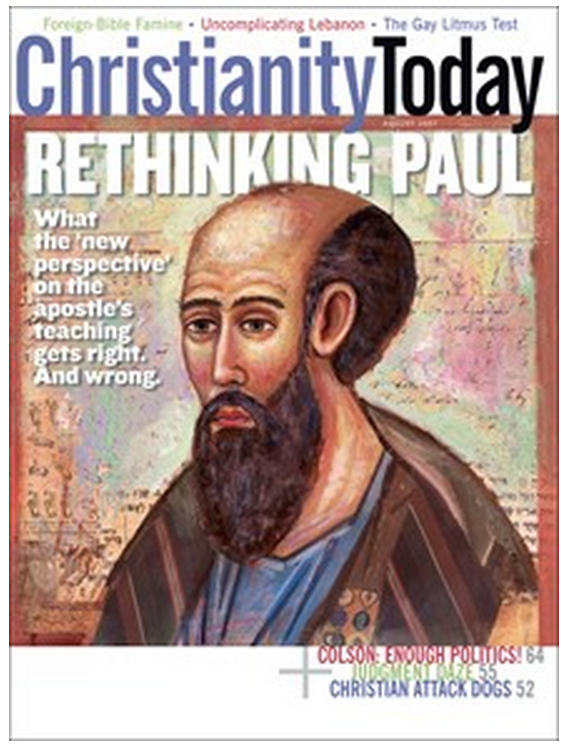
How do the results of a debate that raged more than three centuries after the New Testament was written affect the way most Westerners read Paul’s theology? Put briefly, Augustine effected a revolution in understanding what the human predicament is, how Christ saves us from it, and what the role of justification is within the larger understanding of salvation.
Where Seed and Thistle Grow

The interpretive approach of this essay assumes that Jesus’ frame of reference for the Parable of the Sower centered on the kingdom of heaven. Jesus emphasized repentance and grace, and their joint role as a catalyst for increasing God’s reign.
A Theology of Jewish-Christian Relations
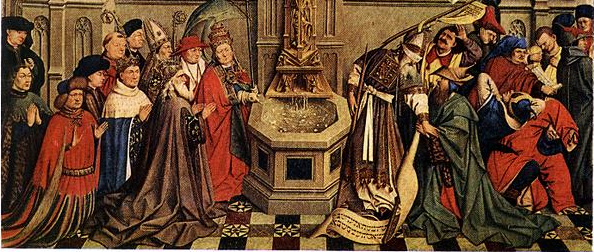
Still today a famous German New Testament professor can say (as he did) to his students: “If you want to be a good Christian, you must kill the Jew in your heart.” I quote this professor’s words not because I am a Jew, but because he used the word “kill” as if it were a Christian virtue. Furthermore, the opinion that “you have to kill the Jew in your heart” is not unconnected with an important trend that existed in Christianity from its beginnings.

